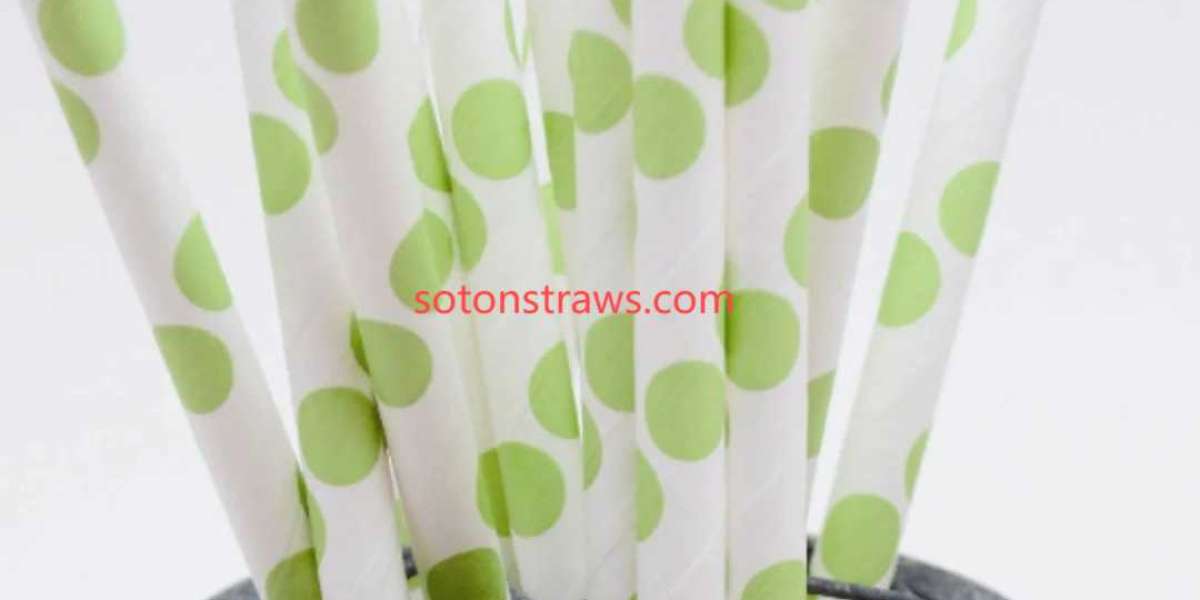As global consumer awareness shifts toward environmental stewardship, straws factory Manufacturer is redefining its role in the sustainable packaging revolution. Straws factory Manufacturer now faces a dual mandate: delivering biodegradable solutions that align with rigorous eco-standards while meeting rising consumer expectations for durability, aesthetics, and affordability. This paradigm shift is driving unprecedented innovation in material science, production processes, and supply chain collaboration.
The demand for biodegradable alternatives has spurred advancements in plant-based materials. Polylactic acid (PLA) derived from corn starch, once limited by heat sensitivity, now forms the backbone of straws resistant to hot beverages—a breakthrough achieved through molecular engineering . Similarly, agricultural byproducts like sugarcane bagasse and bamboo pulp are being refined into durable fibers, reducing reliance on virgin wood while lowering production costs . Innovations such as marine-degradable seaweed coatings further expand application scenarios, ensuring straws decompose safely in diverse ecosystems without microplastic residues.
Certifications like BPI (Biodegradable Products Institute) and USDA BioPreferred have become critical for market access. These credentials validate compliance with regional regulations, such as the EU’s Single-Use Plastics Directive, while building trust with eco-conscious brands. Manufacturers are also adopting blockchain-enabled traceability systems to ensure raw materials, from FSC-certified forests to compostable polymers, meet ethical sourcing standards .
Collaboration across industries is accelerating progress. Partnerships with tech firms integrate AI-driven quality control to minimize material waste, while solar-powered factories reduce carbon footprints . Closed-loop recycling systems, developed alongside waste management companies, repurpose production scraps into new materials, aligning with circular economy principles . Additionally, joint ventures with logistics providers optimize overseas distribution, leveraging localized warehouses to cut emissions and delivery times .
Consumer preferences are shaping design innovation. Customizable straws—available in bendable formats for bubble tea or compartmentalized designs for layered beverages—combine functionality with brand-specific aesthetics. Waterproof nanocoatings, free from PFAS and other harmful chemicals, enhance durability without compromising biodegradability . Educational campaigns highlighting the lifecycle benefits of these products further drive adoption, bridging the gap between regulatory compliance and consumer loyalty.
The future of straws factory Manufacturer lies in harmonizing ecological responsibility with commercial viability. By merging material innovation, certification rigor, and cross-sector collaboration, the industry is proving that sustainability and profitability are not mutually exclusive but mutually reinforcing.
click sotonstraws.com to reading more information








